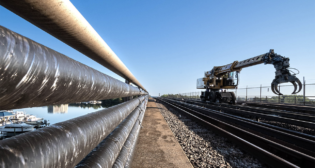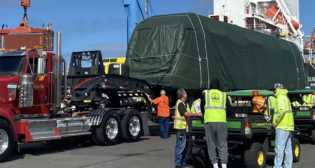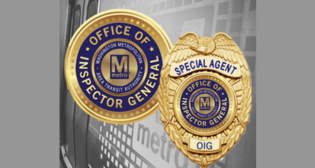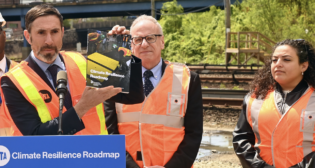
WMATA 7000-Series Cars to Return This Summer
Written by Marybeth Luczak, Executive Editor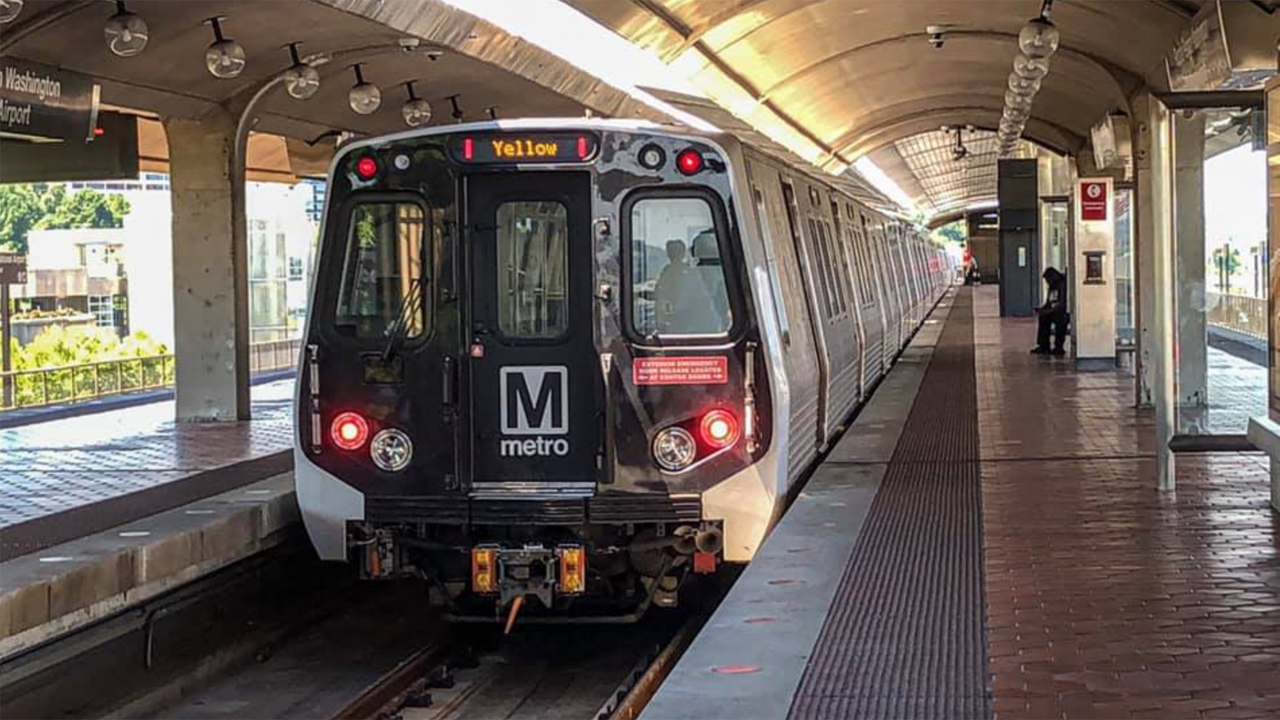
WMATA 7000-Series Rapid Transit Cars: Courtesy Wikipedia
Washington Metropolitan Area Transit Authority (WMATA) has reported that its 7000-series railcars are on schedule to resume service “later this summer,” after being sidelined last year due to a derailment.
In January, WMATA said it was acquiring trackbed technology to measure the cars’ wheelsets, which have been under inspection since Oct. 12, 2021, when one derailed on car 7200 of a Blue Line train. As of May 19, it had installed the first Automatic Wayside Inspection System (AWIS) at College Park, Md., to test wheelsets in real time once the 7000-series cars resume service. With the first installation now complete, WMATA reported that engineers will begin configuration, testing and commissioning of the system.
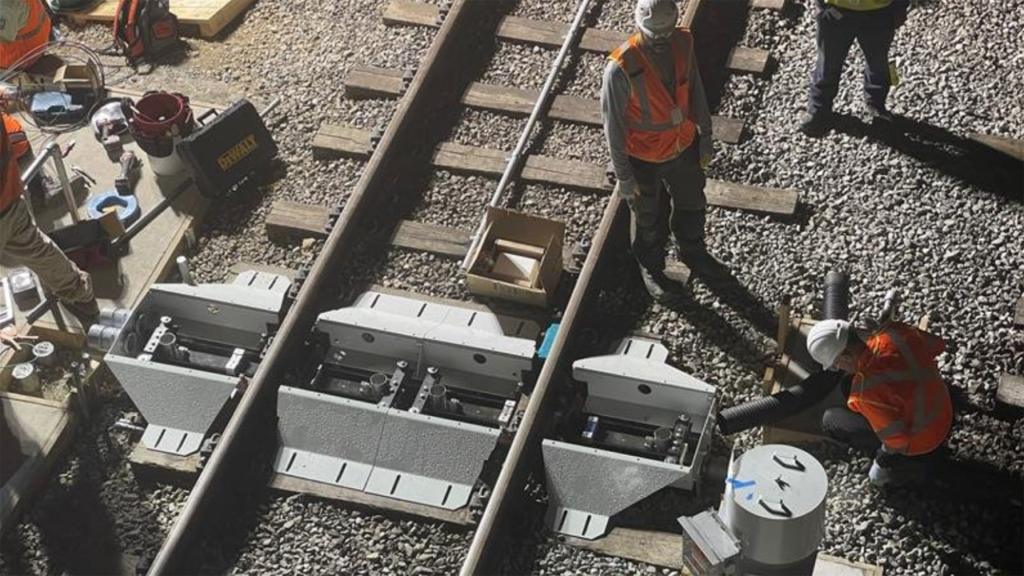
WMATA last month started the process to review key components of the 7000-series cars’ return-to-service plan with the Washington Metrorail Safety Commission (WMSC). The plan—developed in accordance with WMSC’s Dec. 29, 2021 order—includes new inspection procedures and trainings to guide staff “to safely inspect and maintain the 7000-series railcars when they return to service later this summer,” according to the transit agency. The Kawasaki Rail-built cars represent nearly 60% of its fleet; to keep the rapid transit system moving, WMATA has been bringing back some of its 6000-series cars and leaning on its older 2000- and 3000-series cars.
The National Transportation Safety Board’s (NTSB) investigation of the October derailment is ongoing; it reported on Dec. 1, 2021, that work will “focus on failure analysis of the wheelsets, evaluation of the response from rail traffic controllers, internal and external oversight of the WMATA system, and identification of similar wheelset issues on passenger railcars.”
While a derailment cause has not yet been pinpointed, according to WMATA, “experts at MxV Rail (formerly known as TTCI) are working as part of the investigation, conducting spin tests and ultrasonic tests that look at vibration and wheel performance at various speeds and conditions to determine what combination of issues have to be addressed.”
“To date, the investigation has found no evidence of failures related to maintenance or manufacturing of the equipment,” WMATA reported.

